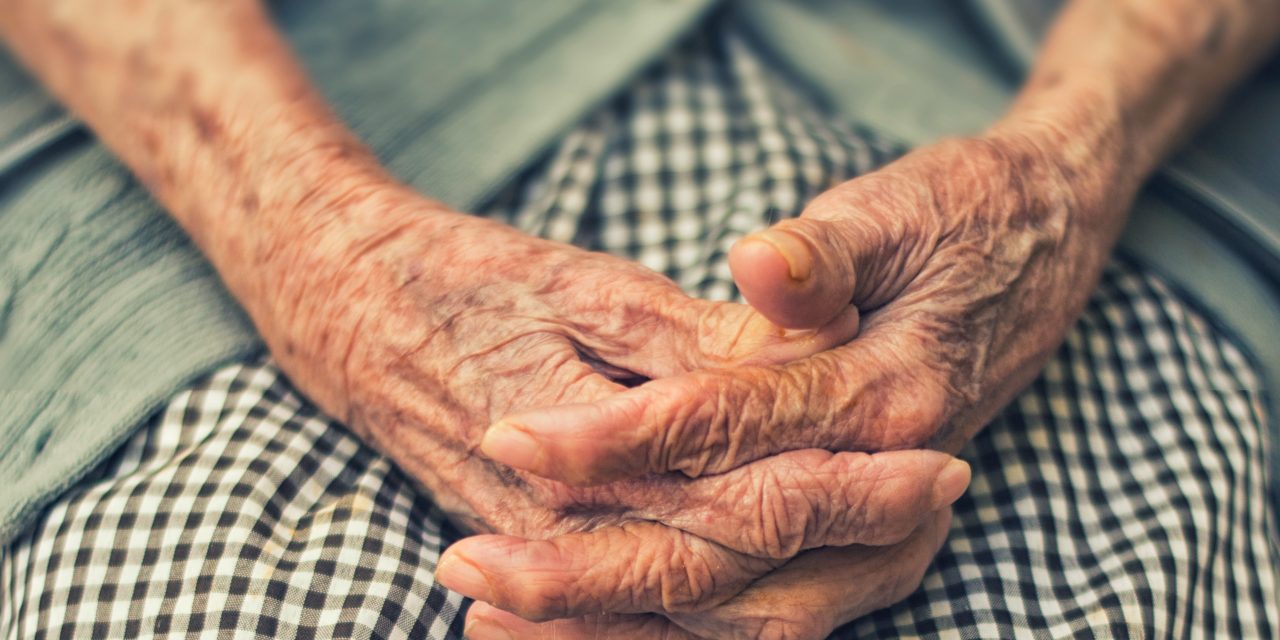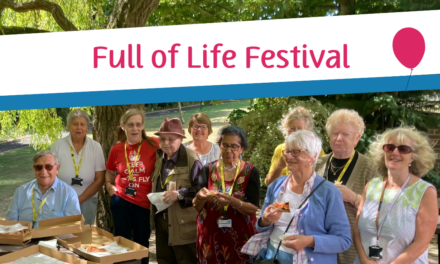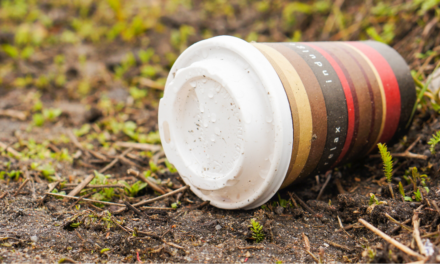What are the signs of elder abuse, and how can you help?
At least 1 in 5 (20%) of adults aged 65 and over will experience some form of abuse in a given year, with many victims experiencing more than one type of abuse. The abuse may happen in one incident or happen over a period of time – but it is never acceptable. Learn the signs of elder abuse and how you can help.
Types of abuse
Abuse can take many forms, which can make it hard to spot.
Abuse can be:
- physical
- sexual
- economic
- neglect (including self-neglect)
- psychological or emotional
- discriminatory
- modern slavery
- domestic violence
- organisational abuse (such as in a care home or hospital, or in the person’s own home)
Learn more about the different types of abuse.
Signs of abuse
There are many different signs of abuse and unfortunately people often experience more than one form of abuse at a time. If the older person is being coerced it can be particularly difficult for them to tell you if they are experiencing abuse. If you are worried about someone, always report it (scroll down below for details).
Some signs of abuse could include:
- cuts and bruises on the older person
- loss of weight or dehydration without illness-related cause
- dirt, faecal or urine smell in the older person’s home
- the older person is inadequately clothed
- unexplained disappearances of money or valuable possessions
- isolation of the older person from friends and family
- abrupt changes to or the sudden creation of wills
- hesitation to talk openly
- being extremely withdrawn and non-communicative.
Concerned about an adult?
The best way to protect someone from abuse is to tell someone.
Always dial 999 if you think someone is in immediate danger.
Report abuse or neglect:
Contact Adult Social Care and Health, East Sussex County Council, to report a safeguarding concern via:
- Phone: 0345 60 80 191
- Email: hscc@eastsussex.gov.uk
- Text: 07537 418236
- Use the online form on the East Sussex County Council website
You can also contact Hourglass, the UK’s only charity focused on the abuse and neglect of older people:
- Phone: 0808 808 8141 (24 hour helpline)
- Email: helpline@wearehourglass.org
- Text: 07860 052906
CGL East Sussex Domestic Abuse Service offer local support to anyone aged 16+ who has been affected by domestic abuse and violence:
- Phone: 0300 323 9985
- Email: Info@cgl.org.uk
Volunteer to support older people who have been through abuse
Hourglass aims to help older victims of abuse recover from their experiences and re-build their lives. It helps people find local social activities preventing them from staying isolated and helping to find new contacts and friendships for their future.
Volunteers get to know their clients and learn what they enjoy doing, so they can encourage them to try new activities, without having to take those first steps alone.
Contact volunteers@wearehourglass.org if you are interested in volunteering.




